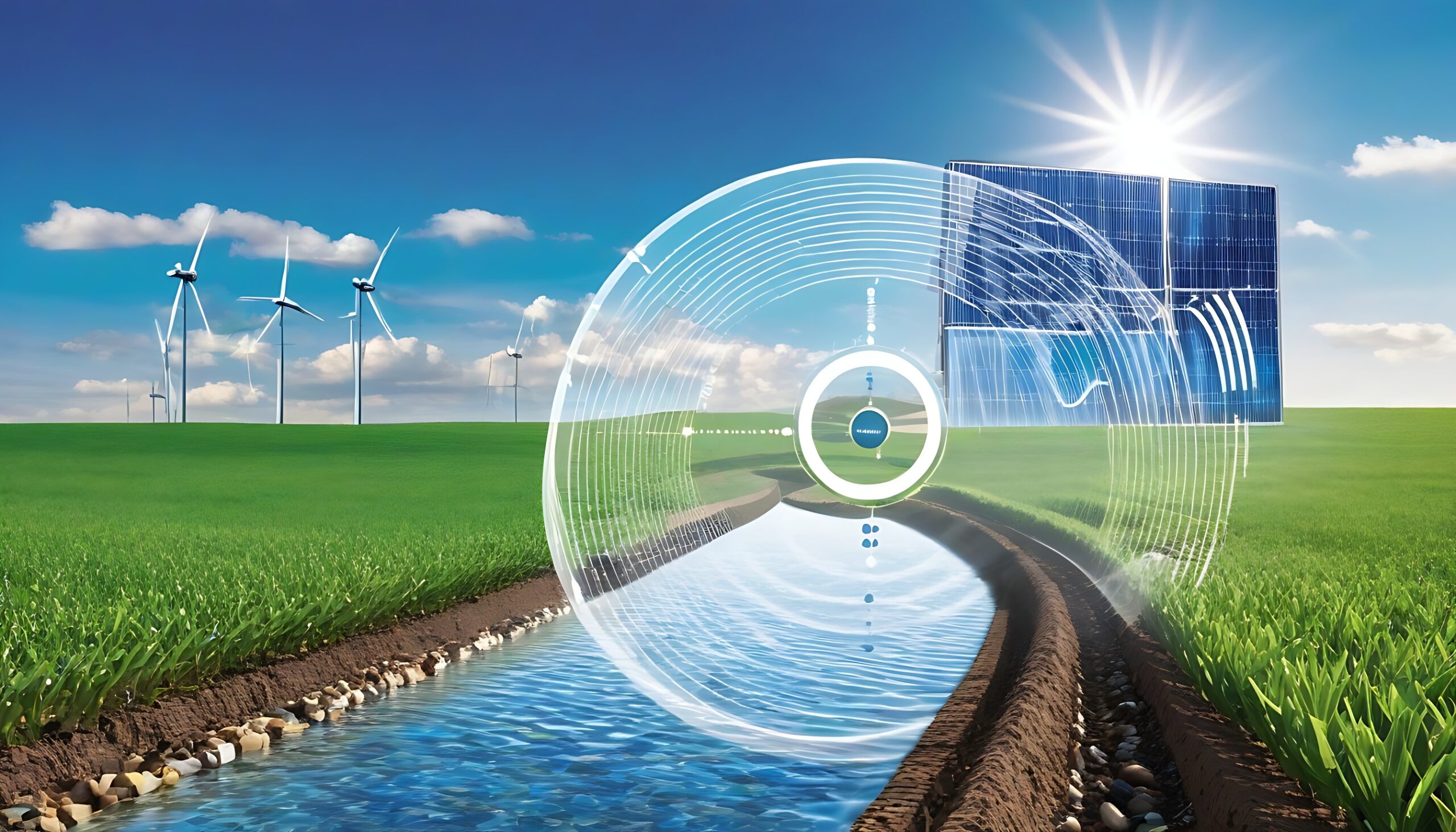In an era where environmental sustainability is increasingly paramount, the adoption of innovative water conservation practices in facility maintenance has become a critical focus. As water scarcity becomes a more pressing global issue, facility managers are seeking ways to reduce water consumption and implement more sustainable practices in their operations.
Technological Advances: Revolutionizing Water Efficiency in Facilities
Water conservation in facilities involves a multifaceted approach, incorporating both technological advancements and behavioral changes. One of the most impactful measures is the installation of water-efficient fixtures and systems. Low-flow toilets, faucet aerators, and water-efficient irrigation systems can significantly reduce water usage without compromising functionality. These technologies not only conserve water but also reduce the overall operational costs by lowering water bills.

Smart Solutions for Real-Time Monitoring and Efficiency
Another vital aspect of water conservation is the use of smart water management systems. These systems utilize sensors and IoT technology to monitor water usage in real time, identifying leaks and inefficiencies that can lead to excessive water use. By promptly addressing these issues, facilities can prevent wastage and maintain more sustainable water usage patterns.

Rainwater Harvesting: Harnessing Nature’s Contribution to Sustainability
Rainwater harvesting is another innovative practice gaining traction in facility maintenance. By collecting and storing rainwater for non-potable uses such as landscaping irrigation and toilet flushing, facilities can reduce their dependence on municipal water supplies and make a positive environmental impact.
Additionally, educating occupants about the importance of water conservation is crucial. Promoting a culture of sustainability within the facility can lead to more mindful water usage habits. Simple actions like turning off taps when not in use and reporting leaks can collectively make a significant difference.
Greywater Recycling: A Forward-Thinking Approach to Water Conservation
Facility managers are also exploring the potential of greywater recycling systems. These systems treat and reuse wastewater from sinks, showers, and laundry facilities for purposes like irrigation and toilet flushing. While more complex and costly to implement, greywater recycling represents a forward-thinking approach to water conservation.
Conclusion
In conclusion, integrating innovative water conservation practices in facility maintenance is not just an environmental imperative but also a smart business strategy. By adopting these practices, facilities can play a pivotal role in preserving vital water resources, reducing operational costs, and setting an example in environmental stewardship.







